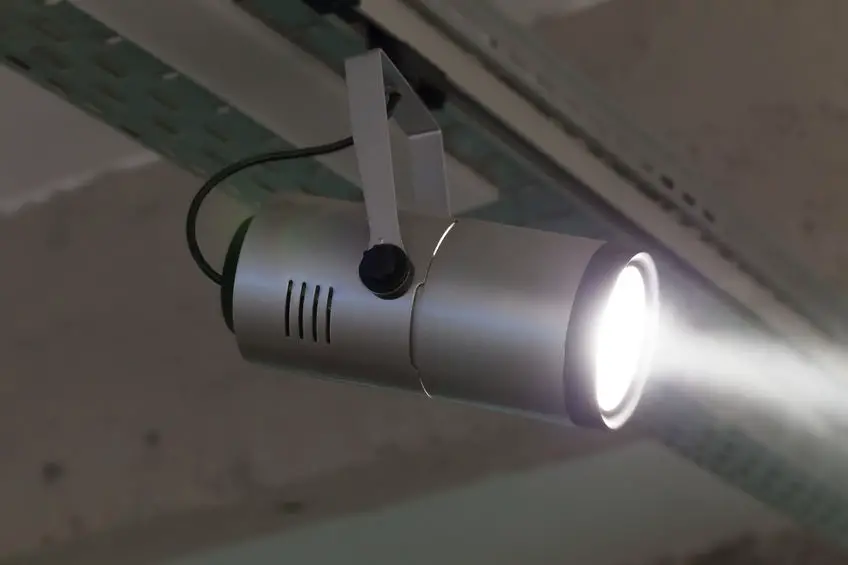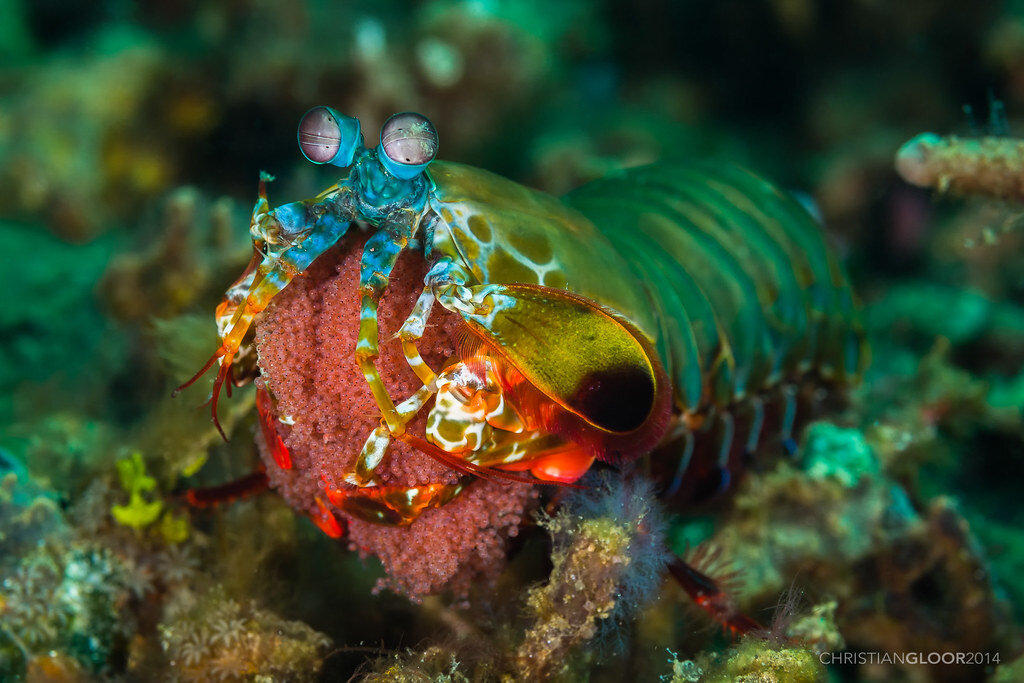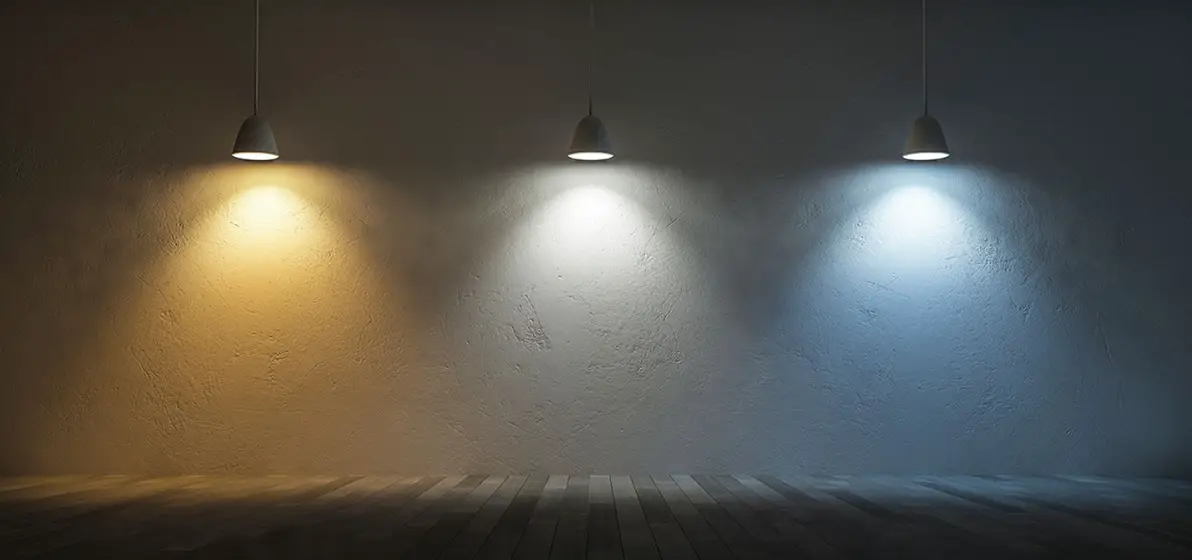Do Empty Light Sockets Use Electricity?
If you are ever in the process of switching out an old light bulb you may be wondering if an empty light socket will ever use electricity. After all, it is still a part of an electrical circuit.
If a light socket is empty it will not use any electricity since there is no light bulb in the socket to close the electrical circuit which would cause it to use electricity. If an empty light socket were to somehow consume electricity it would be due to an electric leakage or faulty wiring.
Why Empty Light Sockets Don’t Use Electricity
As we’ve just established, empty light sockets will not use any electricity under normal circumstances. The reason for this is mainly that it doesn’t conduct an electrical current without a light bulb.
In order for an electrical current to take place there are a few criteria. One is that there must be two ends of the circuit where one end has a negative charge and the other has a positive charge relatively. This itself is what creates an electrical current.
One of the other main criteria is that there must be some conductive material connecting these points together. Normally this is done using wiring made out of copper.
It is for this reason empty light sockets don’t use electricity. When a light socket is empty the electrical circuit will never be connected during normal circumstances, which means that the socket will never consume electricity since it can’t conduct it.
This is the same reason why a light bulb that’s switched off using a light switch won’t use any electricity. It is because the electrical circuit is cut off and is physically unable to conduct an electrical current.
Can Empty Light Sockets Ever Use Electricity?
Now that we’ve established that empty light sockets don’t normally use electricity we can talk about some situations where empty light sockets would use electricity.
One way an empty socket could use electricity is if there is an electricity leakage. It is entirely possible for electricity to leak in a similar way to liquids, where small streams of it will sneak off somewhere it is not meant to.
This itself would be considered a “short circuit” since the electricity takes a path from A to B that wasn’t intended. A consequence of this could be that it consumes a small amount of electricity as a result of this.
This will happen when electrons can find a way from A to B with less electrical resistance than the copper wiring it’s connected to, which can happen if there is liquid or other conductive metals around the various connection points for the wires.
This causes a small current to take a different route which doesn’t involve the light socket, which will cause the circuit to be “connected” even when the socket is empty or possibly even when the light switch is off.
The electrical current a leak would produce is significantly smaller than the normal current would be. That said, electrical leaks can be quite dangerous since they can end up shocking you if you come in contact or even become a fire hazard.
Something else that has a different cause but the same consequences is faulty wiring. If the electrical wiring connecting the light switch to the bulb is faulty in any way it is entirely possible for that to cause an electrical leak or a continuous electrical current at worst.
While this sort of mistake is rather rare for electricians to make it is still a possibility.
When Should Light Sockets Use Electricity?
Since we have now established that empty light sockets won’t use any electricity under normal circumstances, we can talk briefly about when light sockets are actually meant to use electricity.
These circumstances usually boil down to these scenarios:
- When a light bulb is switched on and emitting light.
- When an electronic-based light bulb is switched off.
- When a smart bulb is turned off.
While the first reason may be self-explanatory the others may not be. The reason for this is that it is not uncommon for electronic-based bulbs and smart bulbs to use electricity when turned off.
When an LED or CFL bulb is turned off it may use a small amount of electricity, which is because they are based on electronic technology rather than a pure electrically resistive load such as an incandescent bulb.
The electronic components in these bulbs may consume small amounts of electricity even when turned off. That said, if the light switch they are connected to is off and disconnects the electrical circuit they will not do so.
The same applies to smart bulbs. Smart bulbs must be able to receive commands at all times, which means they also have to be “awake” enough to do so, which means they will use some “standby” energy. Click here to read Do Smart Bulbs Use Electricity When Turned Off?
And finally, as we’ve previously mentioned, if the light socket is empty it should not consume any electricity. This is why we have mentioned no scenario in which the light socket is empty but should use electricity because there is none.
Summary
To quickly summarize, empty light sockets should not use any electricity. There are some specific circumstances where they can do so but they are few and far between.
If you figure out that your light sockets use electricity while they are empty there is something about them which is faulty, which you should call an electrician to check out.





